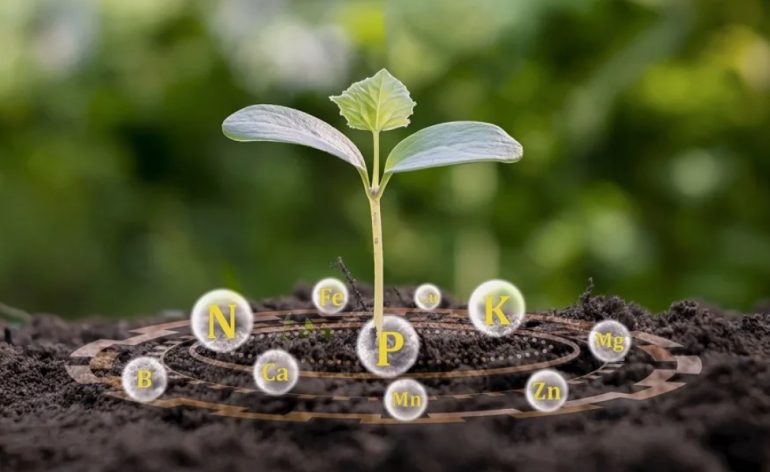
Watering Additions for Powerful Plant Growth
Enhancing your vegetable patch with simple watering additions is an effective way to boost root strength and crop yield. These solutions are easy to implement and suitable for gardens both large and small. Their versatility shines through when it comes to improving overall plant health and supporting nutrient absorption. Whether the goal is a quick improvement or maintaining vibrant growth during the season, gardeners today turn to different approaches that help transform watering into plant nutrition. Understanding key differences between homemade and commercial additives leads to confident choices and noticeable results.
Homemade Additives vs. Store-Bought Solutions
Homemade Additives
- Eggshell water can add gentle calcium to strengthen roots and prevent disease.
- Rice water delivers amino acids and minerals suited for leafy vegetables.
- Banana peel tea offers potassium vital for fruiting crops and balanced growth.
- Compost tea provides a blend of micronutrients and boosts soil life.
These DIY methods provide nutrients using food scraps or naturally available materials. They are safe for most soils if applied properly and give predictable improvement. Preparing these mixes requires little effort and encourages a sustainable garden cycle.
Store-Bought Solutions
- Liquid fertilizers deliver macro/micronutrients in controlled amounts and are simple to use.
- Commercial hydroponic blends offer precise nutrition for plants grown in water systems.
- Granular amendments boost soil with slow-release minerals and are ideal for scheduled feeding.
- Kelp extract supplies organic plant hormones and minerals for improved resilience.
- Epsom salt supplements support magnesium and sulfur levels for lush leaves.
Ready-made options excel in consistency and speed, allowing for exact dosing. Many include detailed instructions and are targeted for specific crop needs. Store-bought products are usually more concentrated and can suit commercial or large community gardens, though they might cost more overall and require careful attention to dosing.
Efficiency, Adaptability and Environmental Impact
Homemade Additives
The efficiency of kitchen-based solutions depends on what is available and the garden’s size. Adaptability is high: each batch can be adjusted. Their environmental impact is positive, encouraging recycling and minimal waste. Homemade mixes make it easy to transform watering into plant nutrition in compact gardens or for gardeners who prefer natural methods. Success with them means regular observation and some trial and error.
Store-Bought Solutions
Commercial preparations offer ultimate efficiency for feeding, as nutrients are instantly available. Adaptability depends on brand and formula. Some products can fit only certain plant types or soil structures. While manufacturing can bring more carbon footprint, many brands now focus on eco-friendly packaging and content. Store-bought solutions are effective when quick results are needed, making it simple to transform watering into plant nutrition for intensive beds or larger farms.
Yield, Taste, and Soil Health
Homemade Additives
- Typically enhance flavor and texture of produce in a subtle way.
- Support robust soil micro-life and gradual improvement of plant immunity.
- Promote sustainable yields over time, especially with repeated use and diversified approaches.
Homemade additions make the garden cycle more natural. The changes can be gradual, but effects last for many seasons. The garden becomes more self-supporting, and vibrant taste is a common reward for patience.
Store-Bought Solutions
- Yield increases rapidly when formulas target specific deficiencies.
- Enhanced taste and uniform appearance in fruits and vegetables.
- Some blends protect soil structure, though overuse may lead to chemical dependency.
Quick changes can be seen in harvest size and consistency. Store-bought additives are good for competitive gardeners or short window plantings. By balancing quantity and soil care, it becomes easier to transform watering into plant nutrition and keep soil productive in the short term.
Selecting Strategies for Different Gardens
Both homemade and commercial water additives offer clear advantages depending on goals, garden area and personal preferences. Those who grow mainly for taste, sustainability and gradual improvement usually lean toward kitchen-made solutions. Larger beds, farms or those in need of rapid correction often prefer commercial formulas. It is sensible to combine these strategies — alternating mixes across planting cycles or adapting formulas as needs arise. When focus rests on transforming watering into plant nutrition, versatility and observation become crucial, letting gardeners get abundant, flavorful produce season after season.
Choosing the right additions truly depends on resources, practical needs, and soil conditions. Blending approaches maintains healthy soil, supports long-term harvest and simplifies routine care. Today’s gardener adapts solutions for every challenge: alternating recipes, tuning doses and testing effects. Smart use of simple additions transforms watering into plant nutrition, bringing out the full power and diversity of the vegetable garden.
